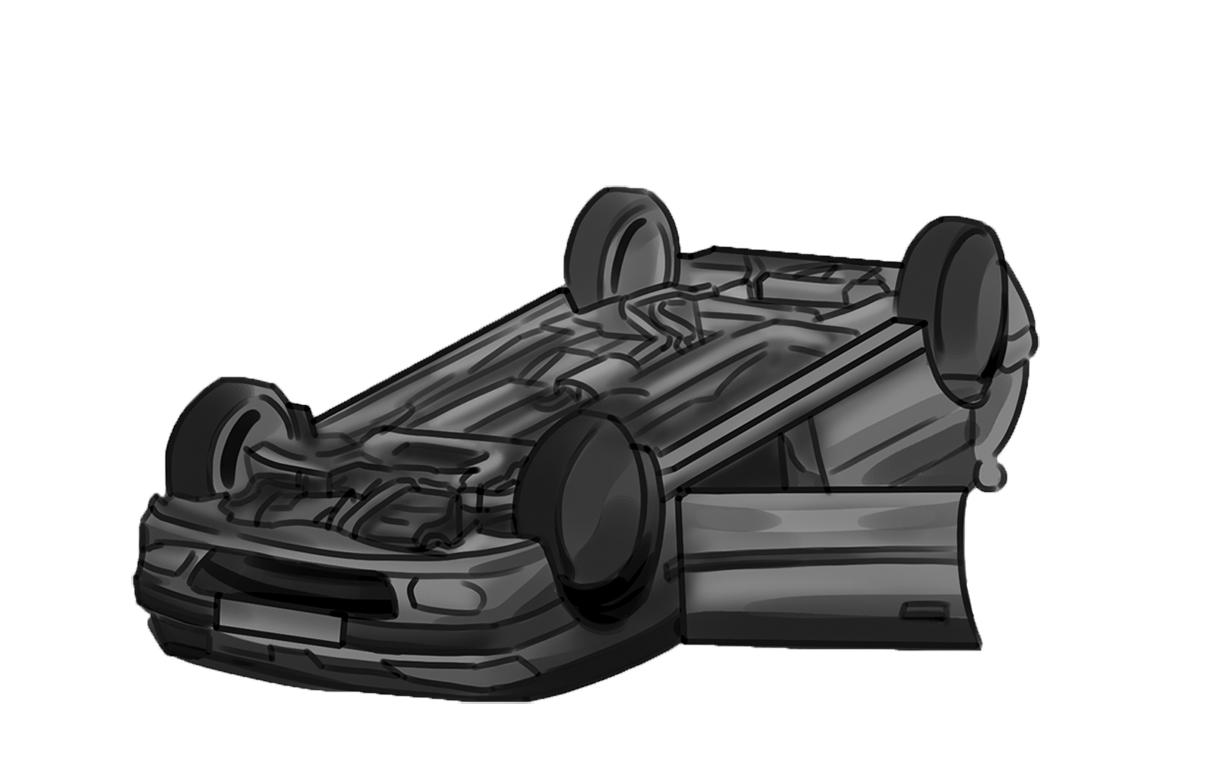“I flipped my car upside down — took out three hundred feet of fence,” says Grant Blackburn, calmly sitting at his desk in the Palo Alto High School History building, a very different place from where he was 16 years ago when he dazedly staggered out of his wrecked car and was arrested for a DUI. “I was stumbling down the hill like a zombie. It was awful,” Blackburn says.
Blackburn, now a veteran social studies teacher at Palo Alto High School was not injured, but he did have to spend an unpleasant night in jail. “They forced me to take my shoes off, and they asked me, ‘Do you have a crack pipe in your shoe?’” Blackburn says. He was confused at first, wondering why they would ask such a strange question. “I realized what was happening, was that they were treating me like a criminal, because now I am one. That was a scary realization,” Blackburn says.
Once out on bail, Blackburn had to get his life back in order. He pled no contest to driving under the influence and had his license revoked.
“It forced me to postpone my career for a year, because I couldn’t drive to class; I couldn’t drive to work; I couldn’t drive to student teaching; I couldn’t do any of those things,” Blackburn says. “I had to look at myself in the mirror and decide that it was a stupid idea to drink and drive, so I had to change a lot of decision making that I was going through up until that point.”
Although he did not end up in prison since he had no previous criminal record, he had to explain to his employers that he has a criminal record and the price of his car insurance quadrupled.
The accident not only caused immediate repercussions, but has led to problems later on in his life. “I went through a period of time where it [the DUI] affected my mental health,” Blackburn says. “I wasn’t sure what was going to happen in my life after that point, I wasn’t sure whether or not I was going to get a job, I wasn’t sure financially how this was going to affect me. I knew the immediate effects, but those were a lot of unknowns that I had to deal with.”
He recalls the day after the accident when he went to the tow yard to retrieve his car, but did not even realize how badly his car was damaged until he saw the remnants from the crash. “I broke down into tears because I was that close to being dead,” Blackburn says. “The car flipped [over] and when it landed, it landed on the [passenger side] first and completely crumpled it. Luckily for me, the side that I was on didn’t get crumpled, so I could step out of the car.” If there had been another passenger in the car, the person undoubtedly would not have survived the car crash he says.
Despite the severity of the circumstances of the accident and the lasting consequences that affected his life, he sees the overall experience optimistically. “I … look at it as such a positive experience now because I’ve had some time between now and then,” Blackburn says. “So, with time comes perspective. I wasn’t as traumatized as I once was.”
Since the accident, Blackburn says he has changed many aspects of his life. Not only has it changed his life, but he now tells this story to his students to try and keep others from repeating his mistake. He also no longer drinks and drives and is far more vigilant about making sure he has a way of getting home if he does drink, whether that be a taxi, an Uber or his wife. “You don’t realize it when you just think ‘Oh, one beer, no big deal, anybody can do that,’” Blackburn says. “But then that starts that chain reaction of bad decision making that leads to the point where you’re flipping cars upside down and almost ending dead. Yeah, it was a sobering moment to say the least.”
Editor’s Note: This article has been slightly altered from the print version.





